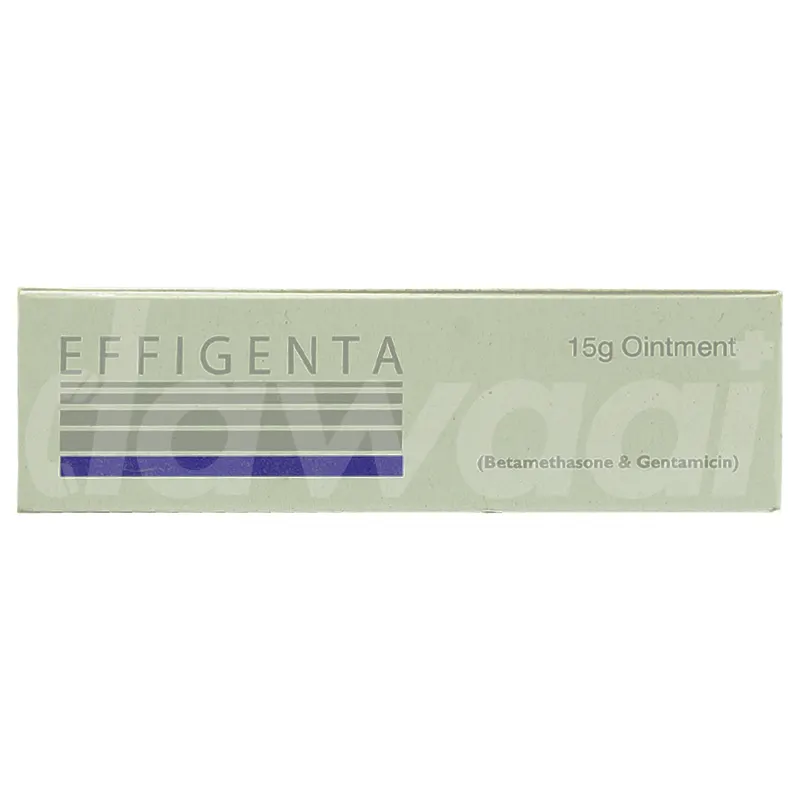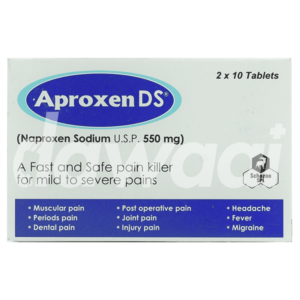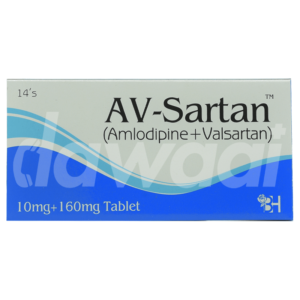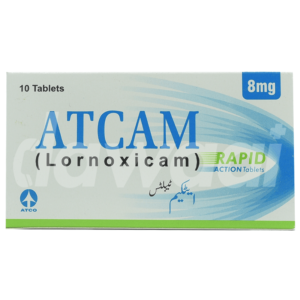Introduction
Expert Advice
- Apply as advised by your doctor.
- For external use only.
- Before application, wash and dry the area.
- Apply a thin layer of medication on the affected area.
- Contact your doctor if there is worsening of condition or no improvement.
- Avoid contact with eyes and open wounds
- Avoid using occlusive dressings.
- Do not use it for long periods of time around genitalia, rectal areas and sensitive tissues.
- Exposure to the affected area to direct sunlight must be avoided.
Primary Uses
Indications
This is a dermatological medicine mainly used to treat psoriasis (a skin condition that causes scales and red patches to form on the skin), eczema (a condition that makes your skin red and itchy), lichen simplex (a localized, well-circumscribed area of thickened skin (lichenification) resulting from repeated rubbing, itching, and scratching of the skin) and lichen planus ( a condition that can cause swelling and irritation in the skin, hair, nails and mucous membranes), seborrheic dermatitis (a common skin condition that mainly affects your scalp. It causes scaly patches, red skin, and stubborn dandruff) and contact dermatitis (a red, itchy rash caused by direct contact with a substance or an allergic reaction to it), otitis externa (a condition that causes inflammation of the external ear canal)
Side Effects
Burning, itching, erythema (redness of the skin or mucous membranes), dryness, numbing of fingers, striae, local skin reactions, and hypopigmentation are the common side effects of this medicine. If hypersensitivity reactions (severe allergy) including contact dermatitis (a red, itchy rash caused by direct contact with a substance or an allergic reaction to it) occur, discontinue use and consult your doctor immediately.
Warnings
 Pregnancy
Pregnancy
No definite data available regarding pregnancy. Consult your healthcare provider for further details
 Lactation
Lactation
No definite data available regarding nursing mothers. Consult your healthcare provider for further details
 Precautions
Precautions
Before using this medicine you should inform your doctor if you are allergic to it or any other corticosteroids. Systemic effects (an effect that affects the body as a whole) usually results from use of more potent steroids, use over a large surface area and the addition of occlusive dressing (it is an air and watertight medical dressing). If local irritation develops discontinue the use. Skin atrophy (thinning of skin) may be clinically significant after prolonged use of potent steroids or use on areas with higher percutaneous absorption (absorption through the skin). Do not use steroid as sole therapy in psoriasis (skin disorder characterized by circumscribed red patches covered with white scales), to treat diaper dermatoses (inflammation of the skin under diaper) in infants. Avoid its prolonged use (limit to maximum 7 days in children). If using potent steroids on face or in children, limit it to 5 days and avoid occlusion (do not cover the area). Avoid applying it on mucous membranes, eye area, broken, inflamed or occluded skin. There may be risk of visual disturbances. Its use in elderly patients may expose them to risk of its side effects.
Contraindications
It is not indicated as a monotherapy in primary bacterial infections such as impetigo (it is a highly contagious skin infection that appears as red sores), paronychia (a skin infection around toenail or fingernail), erysipelas (bacterial infection of upper layer of the skin), cellulitis (serious bacterial infection), angular cheilitis (a condition in which red, swollen patches are formed in the corners of your mouth), erythrasma (a bacterial infection of skin), in treatment of rosacea (a condition in which skin becomes red and blood vessels become visible on face), peri – oral dermatitis (it is an inflammatory rash that involves skin around the mouth) or acne; use on face, groin (intersection area of thighs and abdomen) or axilla (underarm) is also not prescribed as it contains high or very high potency agents. It is also contraindicated for untreated viral or fungal infections (infections caused by fungus) or parasitic infections (infection caused by parasites), burns, widespread plaque psoriasis (raised red patches covered with buildup of dead skin), perianal (around the anus) or genital (private parts) pruritus (irritating sensation that urges you to scratch), pruritus without inflammation.
FAQS
How long does this medication take to work?
This medication usually takes about 3 to 4 days of starting treatment.
Can this medication be used for a yeast infection?
This medication in combination with other medications may be used for some yeast infections.
Does this medication thin the skin?
Long time use can lead to thinning of skin.
What does this medication do to the skin?
This medication is used certain skin conditions like eczema, allergies, rash etc
How long does it take for betamethasone dipropionate to work?
In most people some improvement is seen within 3-4 days of starting the therapy.
How long can I use betamethasone dipropionate?
Do not use it for more than 4 weeks.
What are the uses of Gentamicin?
This medication is used for the treatment of bacterial infections. Please note that this medicine will only work for bacterial infections and not viruses causing conditions such as common cold, flu, etc.
How to take Gentamicin?
Use it as prescribed by your health care provider. Please complete course of medication to prevent return of the infection. The dosage of this medicine is dependent on the age, condition, and its severity. Please consult your health care provider before use of this medicine.
How to store Gentamicin?
Please store this medicine at room temperature (18-25 Celsius). Keep medicine away from excessive light, moisture, and children. Please do not flush medicines down the toilet. Please read the leaflet provided with the medicine for further storage guidance.
Will I see instant results?
It may take some time for the medicine to work effectively. Use it regularly and as prescribed by your healthcare provider for the best results.
Can Gentamicin be used for acne?
This medication is recommended in the treatment of pustular (pus filled) acne.
Why is Gentamicin not given orally?
This medication is not administered orally because it is not absorbed from the gut.
Disclaimer
Dawaai’s intention is to make sure that it’s consumers get information that is accurate, reviewed by an expert and error-free. However, the information mentioned here should not be used as a replacement for the advice of a qualified physician. The information given here is for informational purposes only, which may not cover all possible precautions, side effects, contraindications or drug interactions. Consult your doctor and discuss your queries related to any medicine or disease.






Reviews
There are no reviews yet.